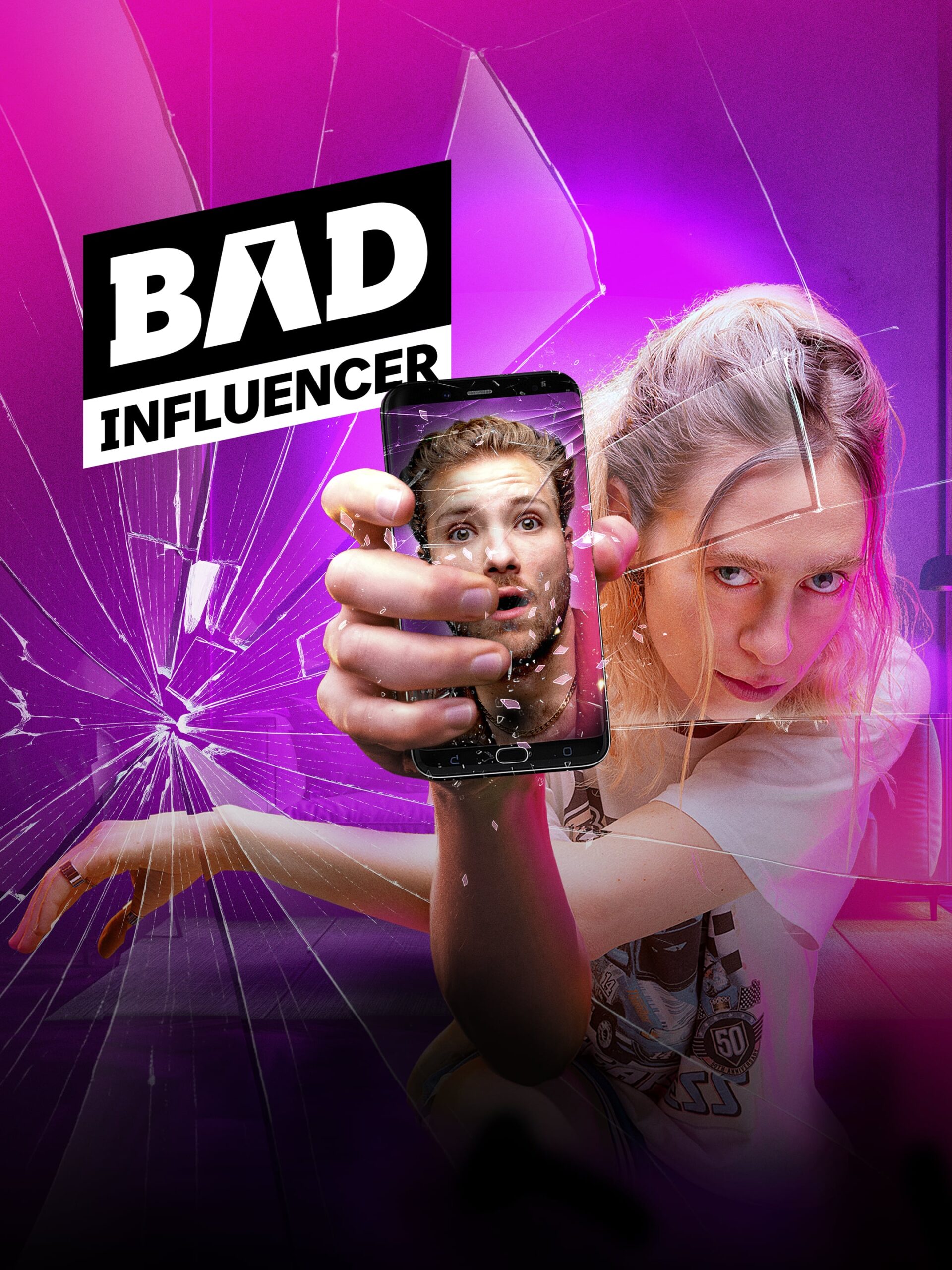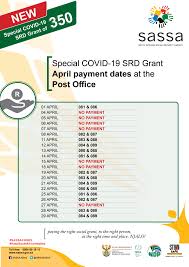Introduction
The rise of social media has led to a new breed of celebrities known as influencers. While many influencers promote positivity and healthy lifestyles, a growing number have come under fire for spreading misinformation and harmful messages, often referred to as ‘bad influencers.’ Understanding the impact of these figures is crucial as they hold significant sway over public perception, particularly among young audiences.
The Rise of Bad Influencers
Recent events have highlighted the dangers posed by bad influencers. For instance, some social media personalities have promoted dangerous health practices, leading to serious consequences for their followers. Reports indicate that numerous individuals have fallen victim to unhealthy diet trends pushed by influencers without proper qualifications or knowledge. Additionally, during the COVID-19 pandemic, several influencers disseminated false information regarding vaccines and treatments, undermining public health efforts.
Consequences for Society
The presence of bad influencers poses a significant threat to societal norms and behaviors. With millions of followers, their endorsement of risky behavior — such as substance abuse, irresponsible spending, or self-harm — can have a cascading effect on impressionable audiences. For example, a research study from 2022 found that young people frequently associated their self-worth with the lifestyles portrayed by influencers, leading to increased rates of anxiety and depression.
Efforts to Counter Bad Influencers
As awareness of this issue has grown, various stakeholders have taken steps to mitigate the influence of bad influencers. Social media platforms are enhancing their monitoring mechanisms to identify and remove harmful content more swiftly. Initiatives like the ‘Creators for Change’ program aim to support influencers who promote positivity and constructive messages. Furthermore, there is an increasing call for regulatory measures around influencer marketing to enforce transparency and accountability.
Conclusion
In a world where social media has become a primary source of information and lifestyle guidance, the impact of bad influencers cannot be overlooked. They possess the power to alter perceptions and trigger harmful behaviors. As discussions regarding digital literacy and responsible social media use continue to evolve, it is crucial for young audiences to develop critical thinking skills and discernment when following influencers. The balance between celebrating positive influential figures and tackling the threats posed by bad influencers remains essential in shaping a healthier online culture.


